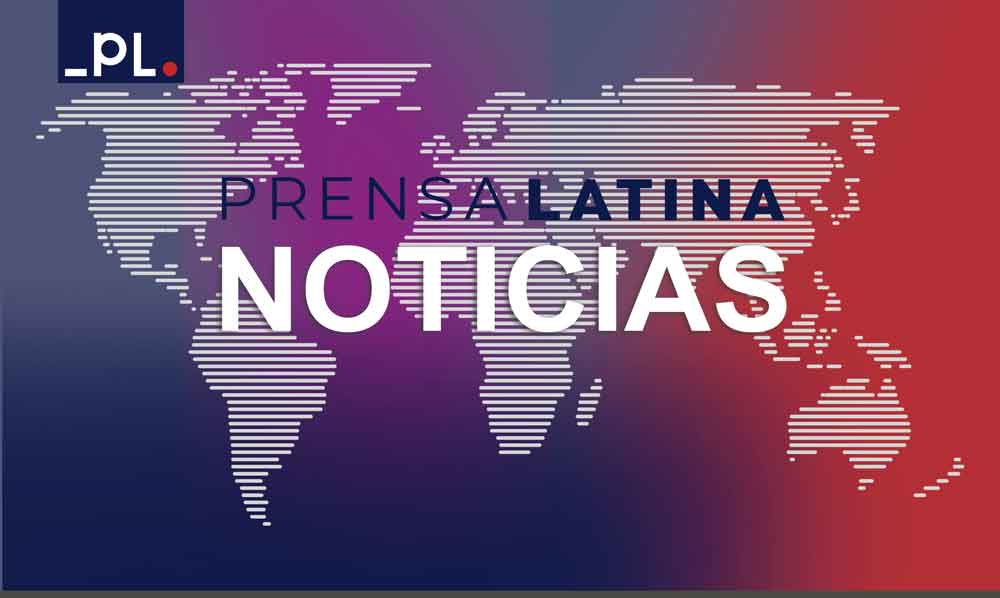The South American country’s Deputy Minister for Social Defense, Jaime Mamani, and Spain’s Secretary of State for Security, Rafael Pérez, met in Madrid with an agenda centered on this issue.
“The signing of the agreement will add a new dimension to the relationship between the two countries on matters of great importance to our citizens,” commented the Spanish Interior Ministry, quoted in the release of the Bolivian portfolio.
According to the Hispanic side, “years of close cooperation between the two governments and between the security forces continue in this way with very good results,” the publication said.
For the Bolivian authorities, the objectives of this agreement include combating drug trafficking and preventing drug use in Bolivia, for which Spain undertakes to take advisory and coordinating action with the Latin American Internal Security Committee.
The Kingdom of Spain added that it would enter into this collaboration with a commitment to fostering links between the plurinational state and the European Union (EU).
In addition to Mamani, the talks were attended by the Director General of International Law at the Justice Department, Sidney Edson Morales, and the Inspector General of the General Directorate of the Special Unit for Combating Drug Trafficking (Felcn), Jhenky David Gómez.
Also present was the Head of the National Legal Advice Department of the Bolivian Police, Alejandro Grandy.
The meeting came amid an investigation by Bolivia into the shipment of 478 kilograms of cocaine from Santa Cruz’s Viru Viru Airport to Spain.
So far, the Felcn has arrested seven people, including a police officer, former Boliviana de Aviación officials and owners of an agency in charge of this cargo.
On May 30, Spain’s Treasury Ministry reported in a bulletin that Madrid’s customs administration had seized almost half a ton of the narcotic in a warehouse at Barajas Adolfo Suárez Airport.
Bolivian Government Minister Eduardo del Castillo on June 7 expressed doubts about Spain’s actions on the matter.
The narcotics seized left Viru Viru on February 11 in a plane leased by Boliviana de Aviación (BoA) to Wamos Air, which it transported and operated with its crew of Spanish origin.
The illegal goods remained in a warehouse and it wasn’t until May that Spanish customs discovered what it was, which is why del Castillo pushed an investigation to find out why the Spanish Civil Guard failed to discover them.
lam/jpm

